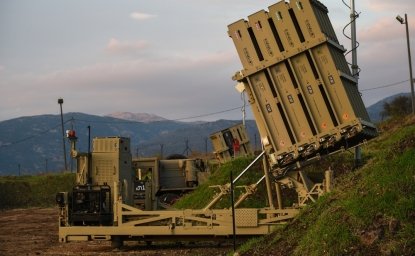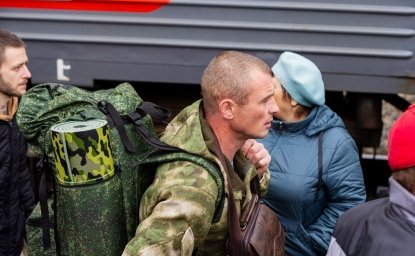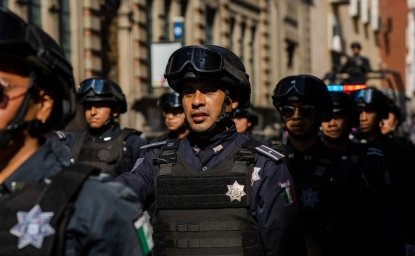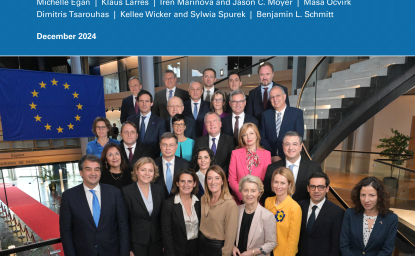Mexico Institute in the News: Despite Calls for Fencing-In the Border, U.S. Sticks with Surveillance and Comms on Southwest Borders
The U.S. continues with an border security approach that does not include building a physical wall.
The U.S. continues with an border security approach that does not include building a physical wall.
Defense News, March 22, 2012
A team of researchers from Princeton University calculates that the security of the border between the U.S. and Mexico is better than ever. But with more cameras being erected, and more aircraft and agents patrolling the border, U.S. analysts caution that intelligence sharing among agents and dispatchers must continue to improve if this trend is to continue. On top of that, doubters outside the Obama administration are yet to be convinced these high-tech solutions make more financial and strategic sense than attempting to block the entire border with fences...
...For the nearly 2,000-mile border, in some locations a physical fence can serve as a good tool for limiting illicit cross-border traffic, but in other locations, fencing doesn’t make sense, said Christopher Wilson, program associate at the Mexico Institute of the Woodrow Wilson Center in Washington, D.C.
“Building a 10-foot fence on top of a several thousand foot mountain, for instance, is not helpful. If someone is willing and able to climb the mountain, they will also be able to climb the fence,”
The U.S. economy was probably the main factor, Wilson said.
“A large part of it was, we saw a huge change happen in the flow of unauthorized immigrants after and during the financial crisis in the U.S. So as there were fewer employment opportunities in the U.S., there was less of a magnet for Mexicans to pick up and move to the United States in search of a good job,”
he said.
“The idea is, you’re not just trying to identify the guy with drugs or something worse, in the case of terrorism, trying to cross the border... But you’re also trying to facilitate the flow of people that you know aren’t presenting that sort of a risk..."
"...Mexican authorities are keen to share intelligence with the United States regarding organized crime and any potential terrorist threats... They are less interested in calling up their American counterparts to let them know where a group of migrants are seeking to cross the border.”...
Read full article here.


The Mexico Institute seeks to improve understanding, communication, and cooperation between Mexico and the United States by promoting original research, encouraging public discussion, and proposing policy options for enhancing the bilateral relationship. A binational Advisory Board, chaired by Luis Téllez and Earl Anthony Wayne, oversees the work of the Mexico Institute. Read more


The Wilson Center’s prestigious Latin America Program provides non-partisan expertise to a broad community of decision makers in the United States and Latin America on critical policy issues facing the Hemisphere. The Program provides insightful and actionable research for policymakers, private sector leaders, journalists, and public intellectuals in the United States and Latin America. To bridge the gap between scholarship and policy action, it fosters new inquiry, sponsors high-level public and private meetings among multiple stakeholders, and explores policy options to improve outcomes for citizens throughout the Americas. Drawing on the Wilson Center’s strength as the nation’s key non-partisan policy forum, the Program serves as a trusted source of analysis and a vital point of contact between the worlds of scholarship and action. Read more




